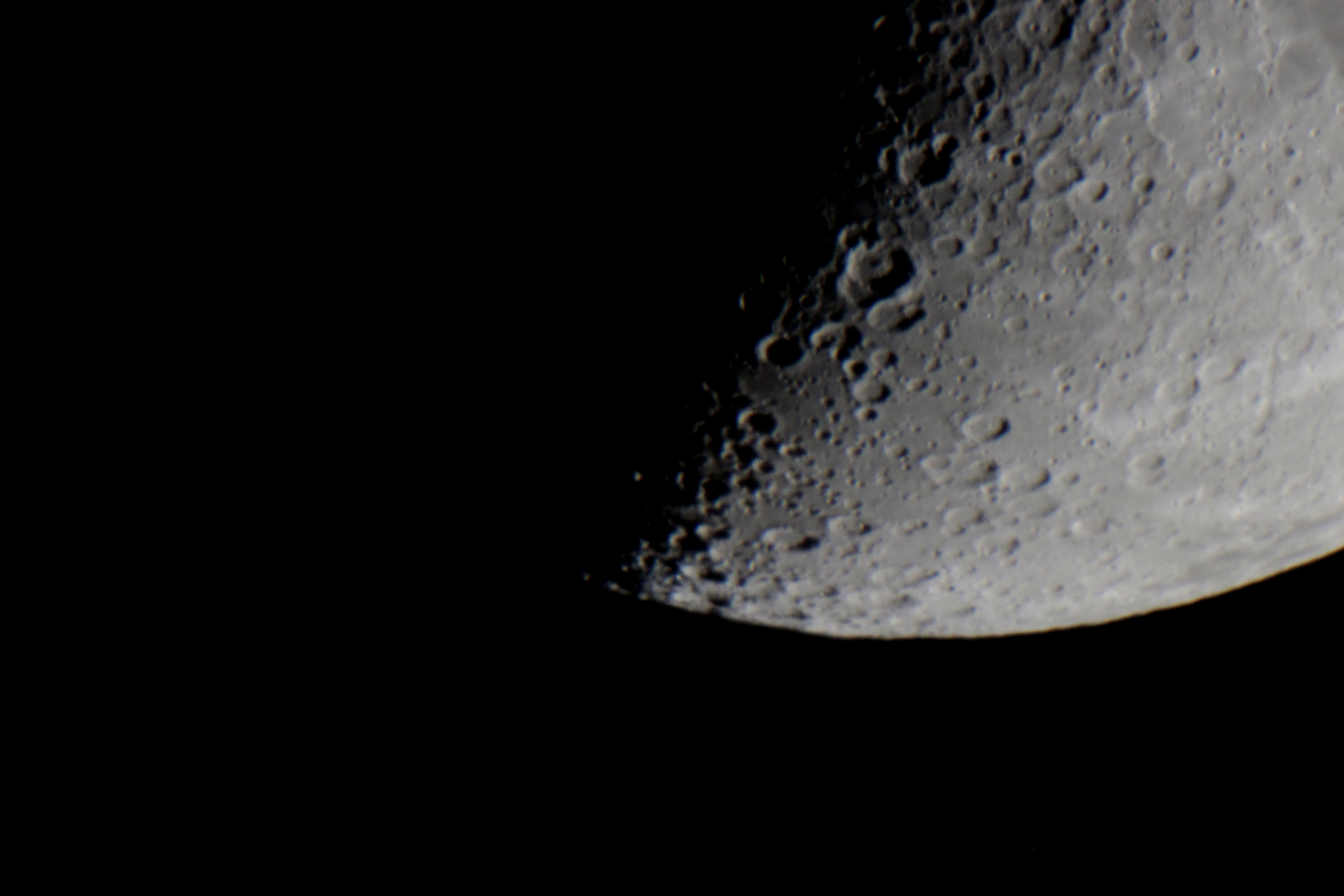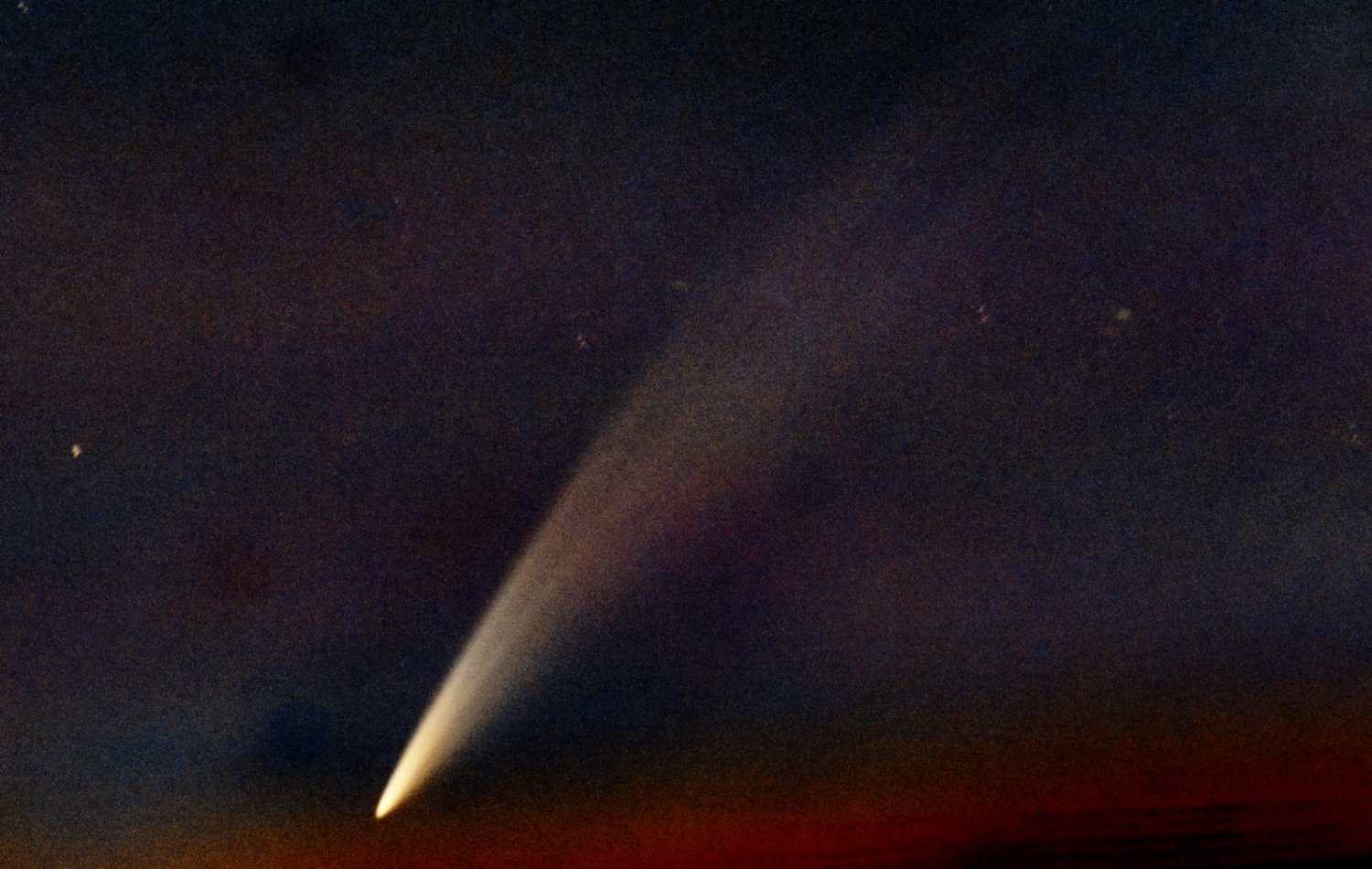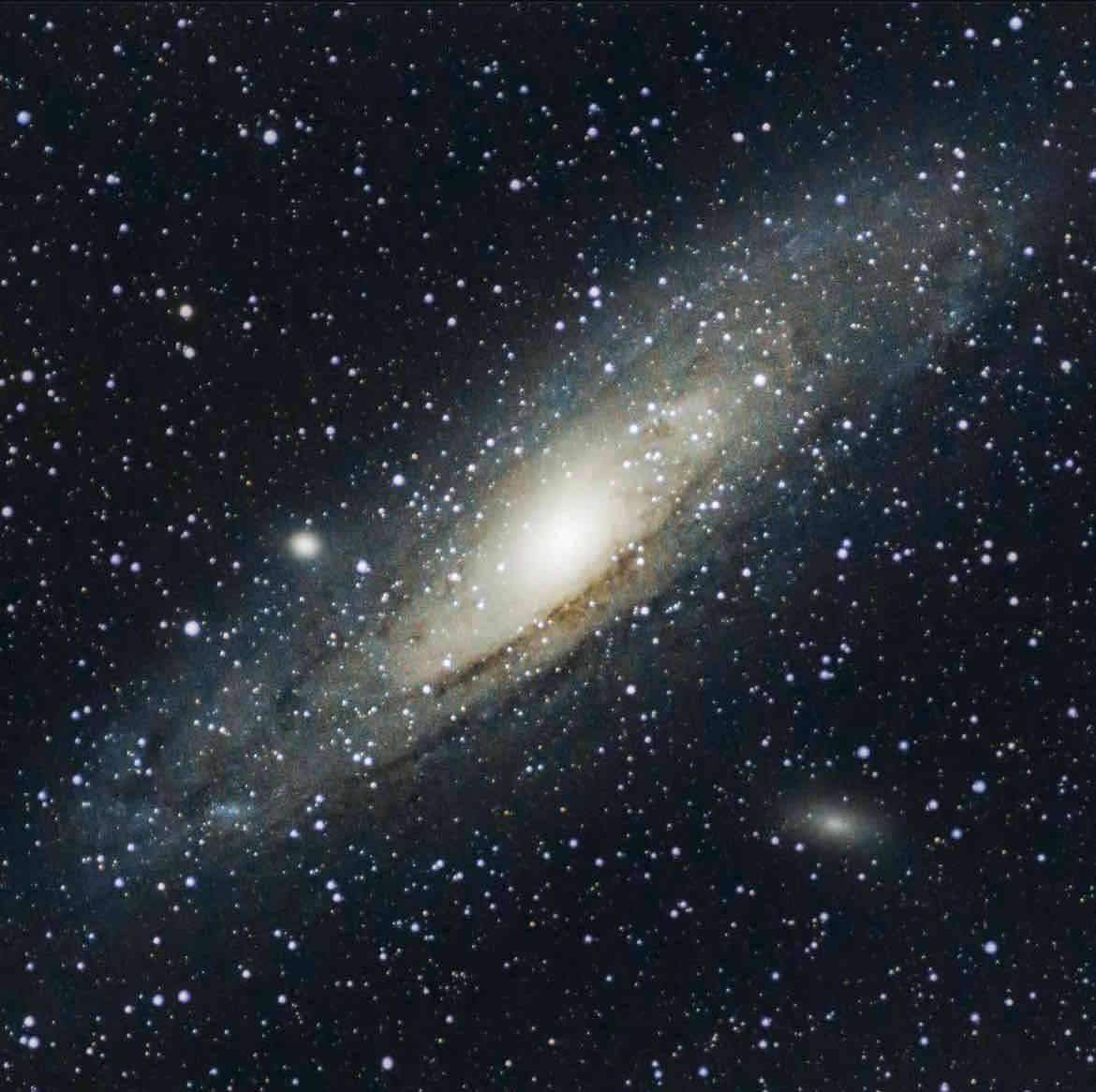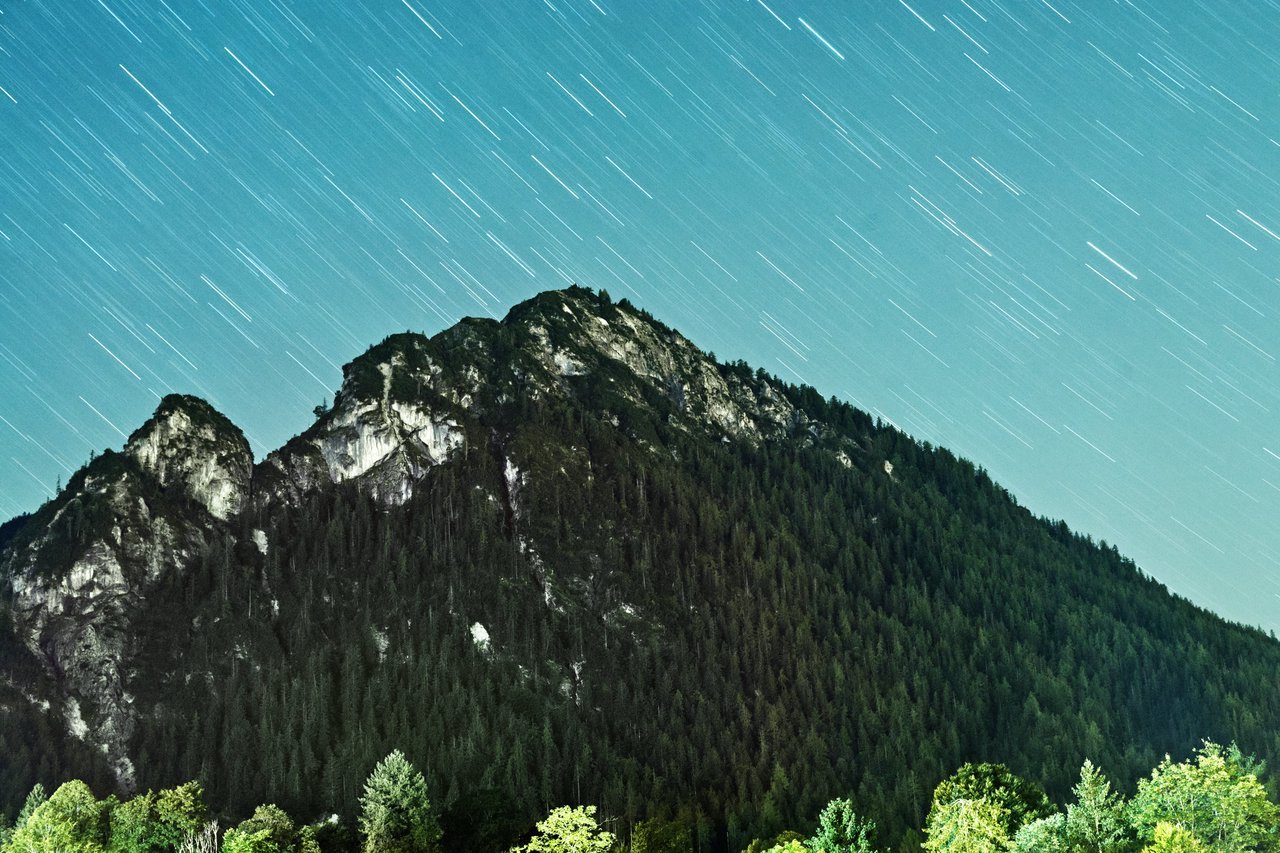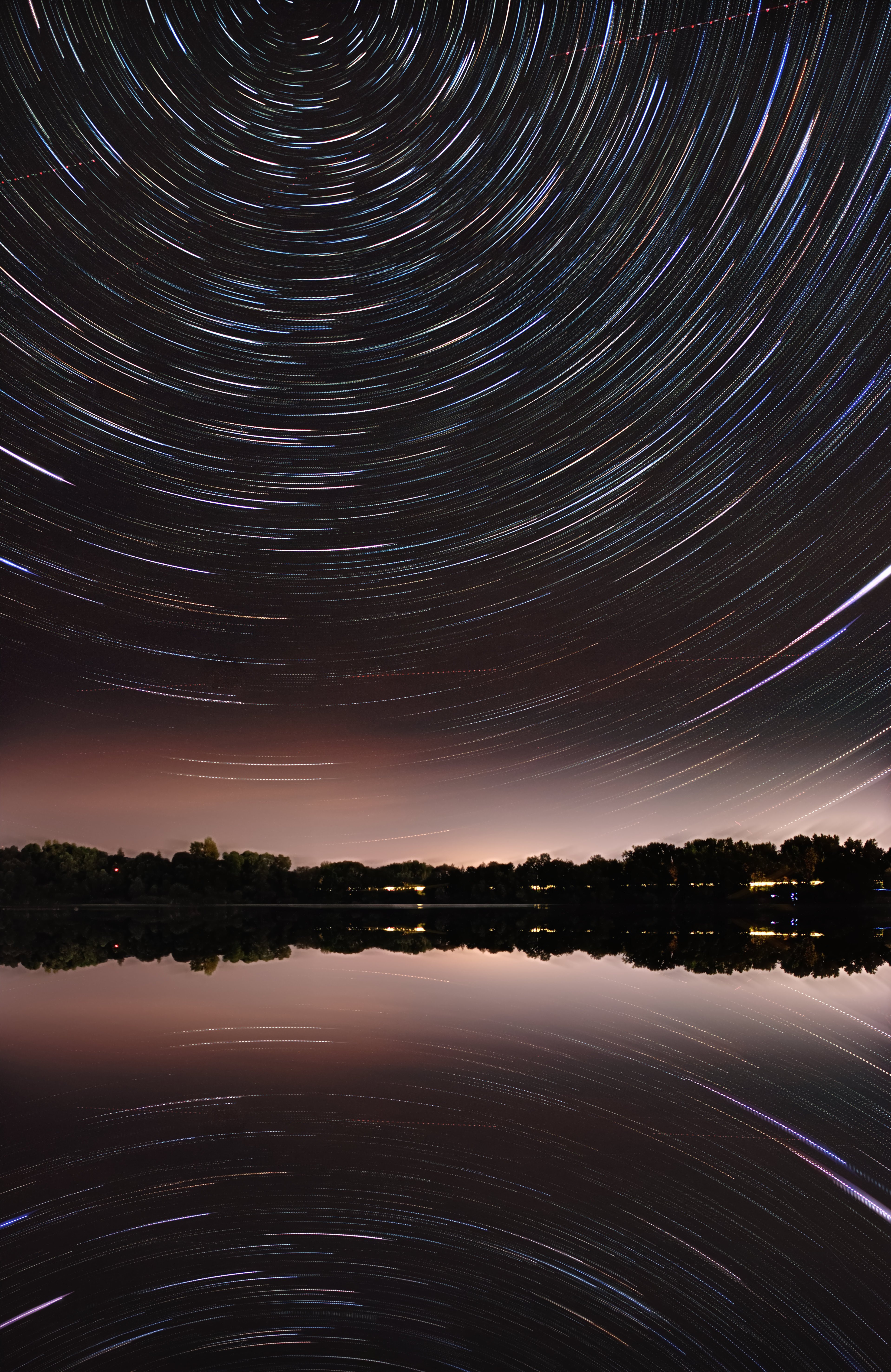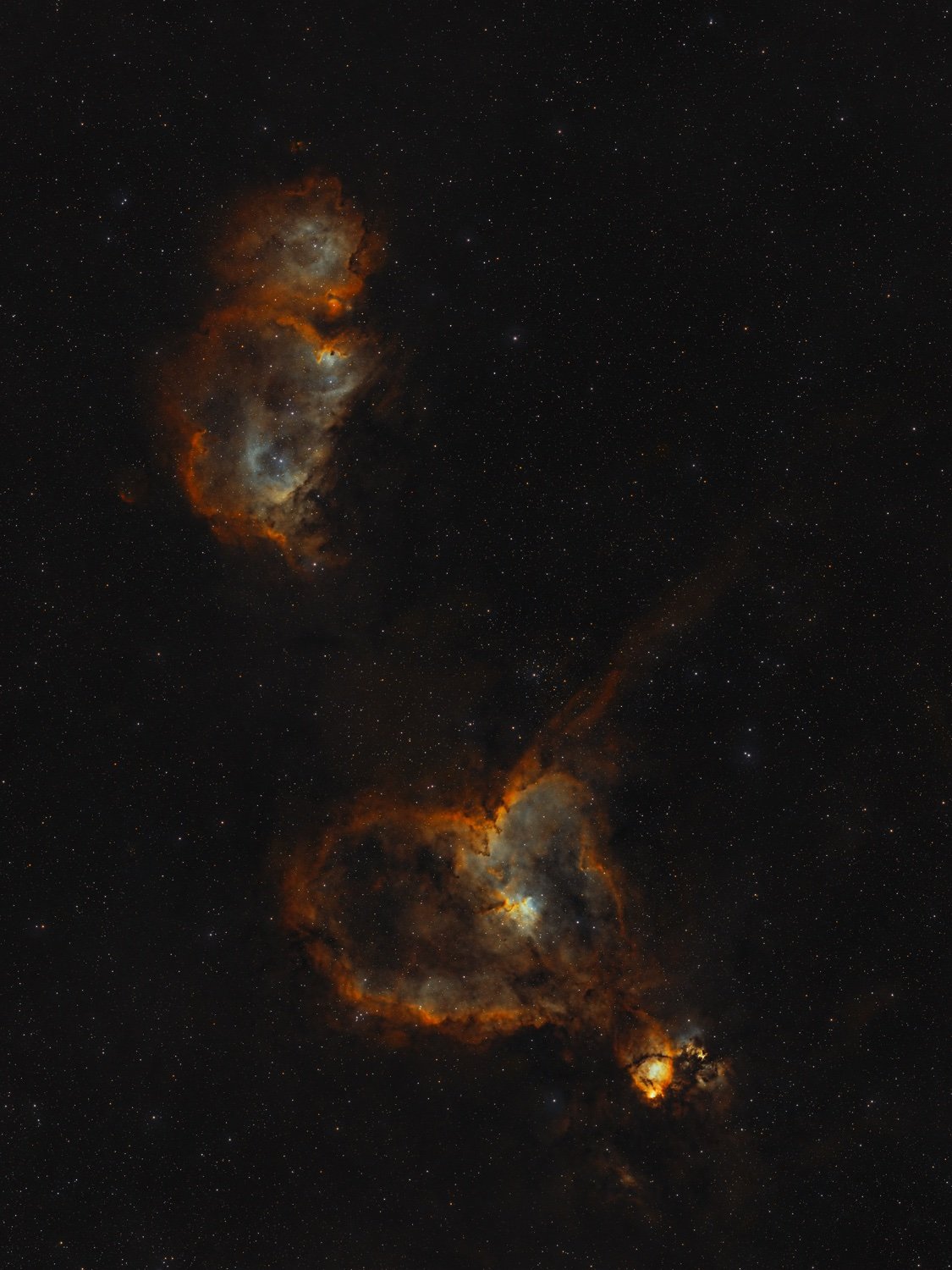Astrophotography
Welcome to !astrophotography!
We are Lemmy's dedicated astrophotography community!
If you want to see or post pictures of space taken by amateurs using amateur level equipment, this is the place for you!
If you want to learn more about taking astro photos, check out our wiki or our discord!
Please read the rules before you post! It is your responsibility to be aware of current rules. Failure to be aware of current rules may result in your post being removed without warning at moderator discretion.
Rules
- I | Real space images only.
-
Astrophotography refers to images of astronomical objects or phenomena exclusively.
-
~~Images that show objects or people below the Kármán Line (100km) will be removed.~~ We won't be enforcing this rule for now, but as the community grows eventually we will split and have a separate space for just landscape astro.
-
Images must be an accurate representation of a real astronomical object.
- II | Original and Amateur Content Only
-
Image posts can only be images that you have captured and processed yourself, or discussion about capturing and/or processing your own images.
-
Images acquired from public sources, professional observatories, or other professional services are not allowed.
-
If you have done a drastic alteration or reprocessing of a prior submission, you may repost your edit - but only after a minimum of one week has passed.
- III | Post Types
-
Image posts are to link directly to the image, not to landing pages, personal galleries, blogs, or professional sites. Link to these in the comments. (AstroBin and Imgur, are allowed)
-
Questions are welcome here for the time being.
-
Links to blogs, articles or external websites should be interesting and promote discussion about amateur astrophotography.
- IV | Titles
- All image posts should just include include the name of the object being photographed. Extra info such as equipment, it being your first image, or other information should go in a comment along with your acquisition info. Please see this page for more details.
If your post is removed, try reposting with a different title. Don't hesitate to message the mods if you still have questions!
- V | Acquisition and Processing Information
-
All submitted images must include acquisition and processing details as a top-level comment. All posts without this information may be given a warning, and if not updated will be removed.
-
This includes the telescope, mount, camera, accessories, and any other pieces of equipment you used to capture the image.
-
You must also include processing details, i.e. the programs you used and a general rundown of the workflow/processes you used within those programs. “Processed in Photoshop” is not enough.













